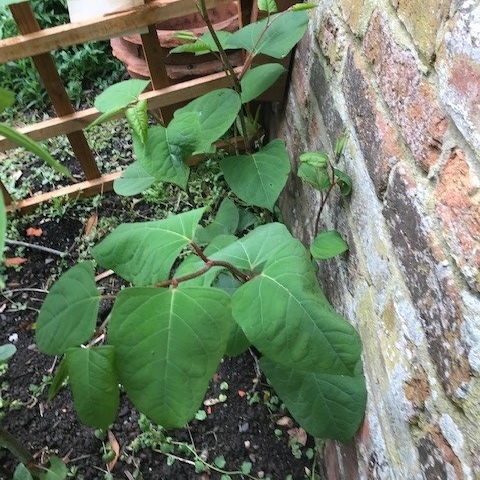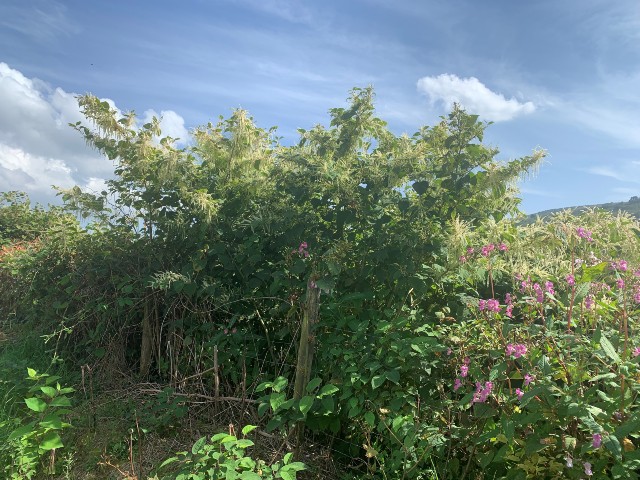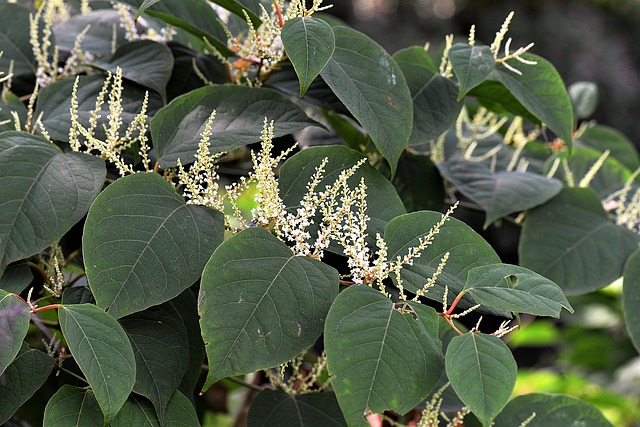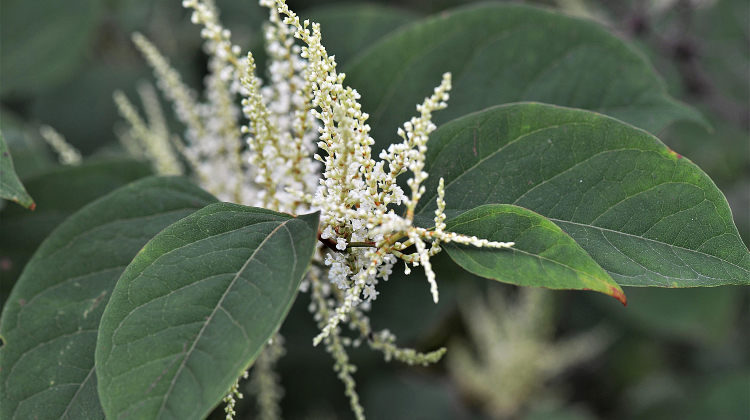
SHORT ANSWER: Yes, you must declare Japanese knotweed when selling a house. Failure to do so can result in legal action from the buyer.
More...

Japanese knotweed isn’t always the easiest plant to identify, and there are lots of other weeds it can be mistaken for. To confuse things further, Japanese knotweed will look different depending on the season.
The best time of year to identify Japanese knotweed is during the late summer/autumn months, particularly in September. The later summer months are also the best time to treat it, so all the more reason identify it as soon as possible.
More...

“Be afraid. Be very afraid.” It’s a chilling line in a great horror film, but are the headlines right to apply it to Japanese knotweed? Read on to find out.
More...

Japanese knotweed is an invasive plant, troublesome due to its aggressive growth and ability to regrow from even the smallest amount of rhizome left in the soil.
If you’re a landowner and you fail to keep your Japanese knotweed under control, you can be fined. One landowner in Yorkshire has a cautionary tale to tell about this. Read on to find out more.
More...

RICS (the Royal Institution of Charted Surveyors) offer professional guidance that is used by all manner of people when evaluating a knotweed infestation, among other issues. RICS are a globally recognised professional body, and they develop and enforce international standards to protect the safety and well being of customers and businesses alike.
RICS updates their guidance regularly to ensure that their advice is relevant, and one of their most recent knotweed-related updates has caused quite a stir.
More...
